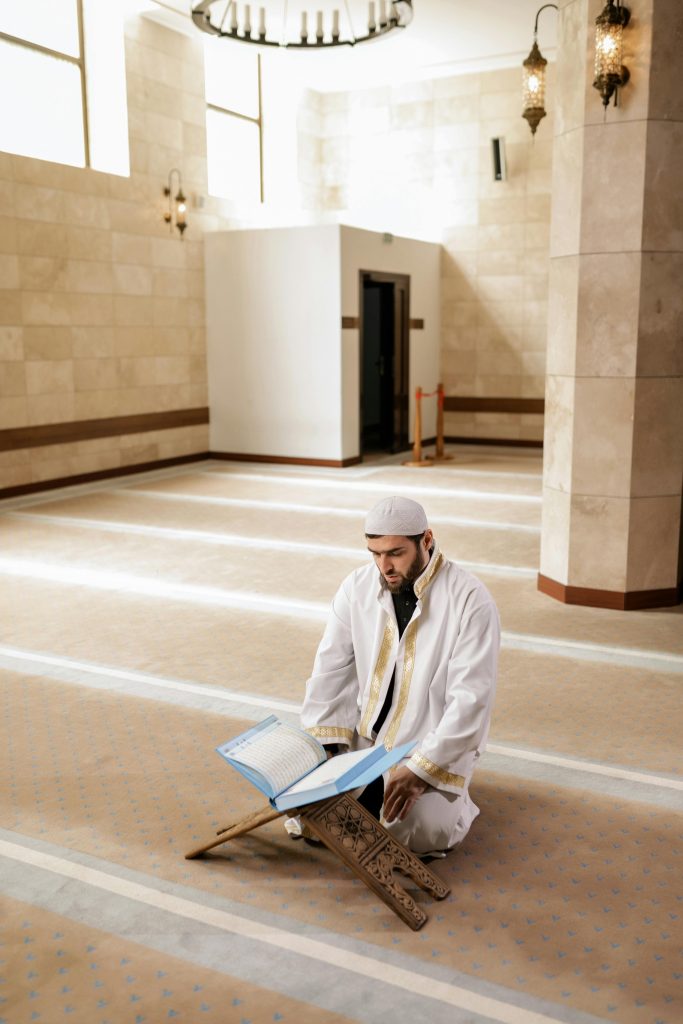
Islam places great emphasis on the principles of justice and fairness. The Quran and Hadith, the primary sources of Islamic teachings, provide numerous verses and traditions highlighting the importance of justice and fairness in all aspects of life. This blog post will explore the significance of justice and fairness in Islam, drawing on verses from the Quran and Hadith.
Justice and Fairness in the Quran
The Quran emphasizes the importance of justice and fairness in various contexts, such as social interactions, legal proceedings, and personal conduct. For instance, Allah says in the Holy Quran:
“O you who believe! Stand out firmly for justice, as witnesses to Allah, even if it be against yourselves, your parents, and your relatives, or whether it is against the rich or the poor.” (Quran 4:135)
This verse underscores the importance of impartiality and objectivity in administering justice. It encourages Muslims to uphold justice, even if it goes against personal interests or relationships.
Additionally, Allah says:
“And let not the hatred of others make you avoid justice. Be just: that is nearer to piety.” (Quran 5:8)
This verse reminds Muslims that justice should not be compromised due to personal biases or hatred. Instead, it should be the cornerstone of moral and ethical conduct.
Justice and Fairness in Hadith
The Hadith, the sayings and actions of Prophet Muhammad (PBUH), provide further insights into the significance of justice and fairness in Islam. For example, Prophet Muhammad (PBUH) said:
“There are seven categories of people whom God will shade on the Day of Resurrection when there is no shade but His. (One is) a just leader.” (Sahih Muslim, Hadith 6258)
This Hadith highlights the importance of justice in leadership, emphasizing that a just leader will receive divine reward.
Prophet Muhammad (PBUH) also said:
“You see the believers as regards their being merciful among themselves and showing love among themselves and being kind, resembling one body, so if any part of the body is not well, then the whole body shares the sleeplessness (insomnia) and fever with it.” (Sahih Bukhari, Hadith 6011)
This Hadith underscores the importance of treating others with fairness and compassion, reflecting the organic unity of the Muslim community (Ummah).
Conclusion
In conclusion, justice and fairness are integral to Islamic teachings, as reflected in various verses of the Quran and Hadith. These principles guide Muslims in their personal conduct, social interactions, and leadership roles, emphasizing the importance of impartiality, objectivity, and compassion in all aspects of life. By upholding justice and fairness, Muslims can not only contribute to social harmony but also earn divine reward in return.
I hope this blog post provides a useful overview of the significance of justice and fairness in Islam, based on the Quran and Hadith. Please feel free to leave your thoughts and comments below.








